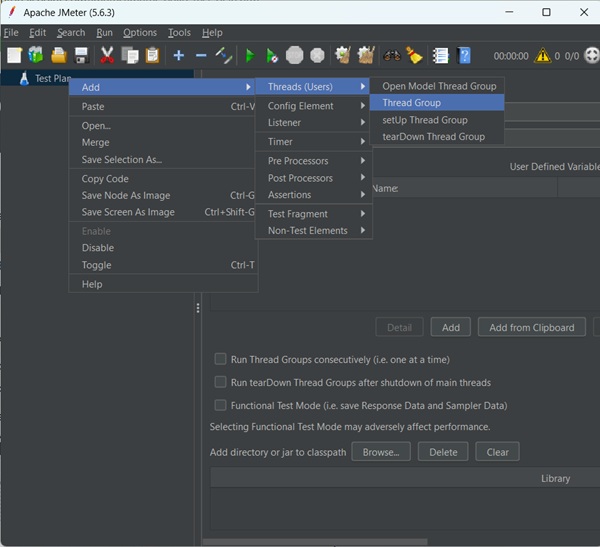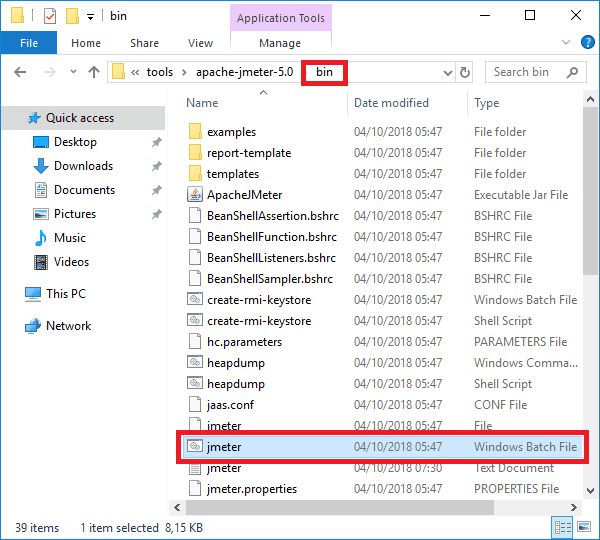
While the Log4j 2 API will provide the best performance, Log4j 2 provides support for the Log4j 1.2, SLF4J, Commons Outperforms Log4j 1.x, Logback and, especially in multi-threaded applications. See Asynchronous Logging Performance for details.

In multi-threaded scenariosĪsynchronous Loggers have 18 times higher throughput and orders of magnitude lower latency than Log4j 1.x and Logback. Log4j 2 contains next-generation Asynchronous Loggers based on the LMAX Disruptor library.
Apache jmeter 2.6 download upgrade#
Upgrade to Log4j 2.3.2 (for Java 6), 2.12.4 (for Java 7), or 2.17.1 (for Java 8 and later) Reference

This issue is fixed by limiting JNDI data source names to the java protocol in Log4j2 versions 2.17.1,
Apache jmeter 2.6 download code#
DetailsĪpache Log4j2 versions 2.0-beta7 through 2.17.0 (excluding security fix releases 2.3.2 and 2.12.4) are vulnerable toĪ remote code execution (RCE) attack where an attacker with permission to modify the logging configuration file canĬonstruct a malicious configuration using a JDBC Appender with a data source referencing a JNDI URI which can execute

Summary: Apache Log4j2 vulnerable to RCE via JDBC Appender when attacker controls configuration. Important: Security Vulnerability CVE-2021-44832 Provides many of the improvements available in Logback while fixing some inherent problems in Logback's architecture. Apache Log4j 2 is an upgrade to Log4j that provides significant improvements over its predecessor, Log4j 1.x, and


 0 kommentar(er)
0 kommentar(er)
